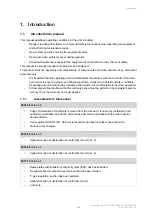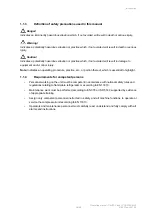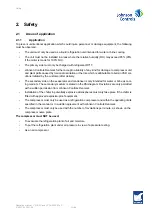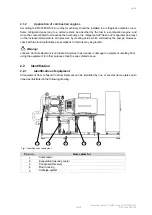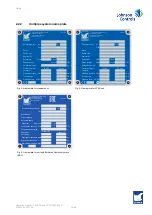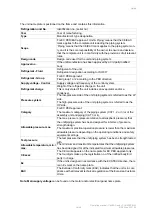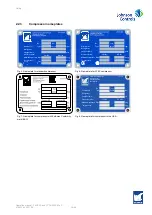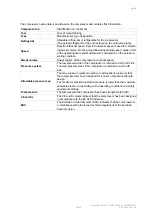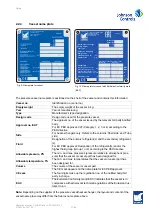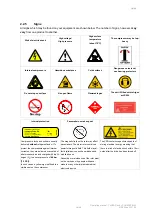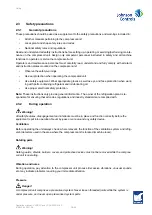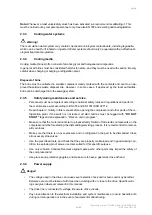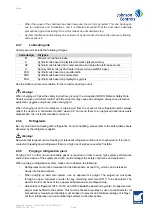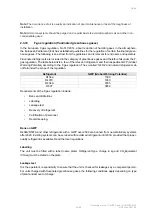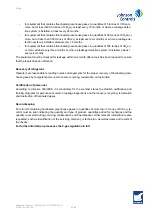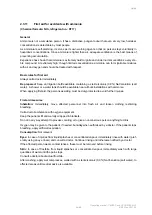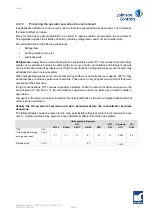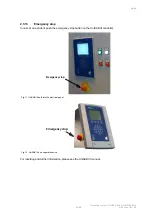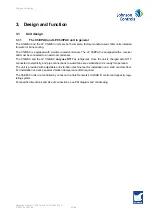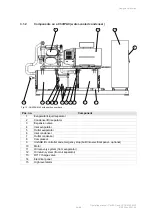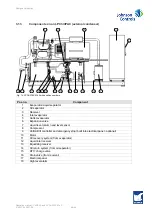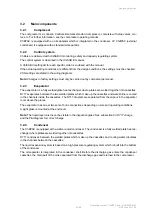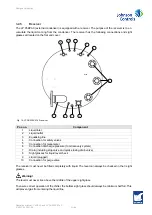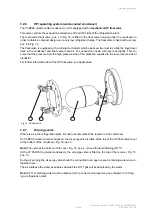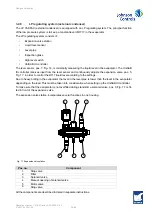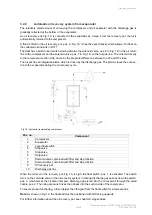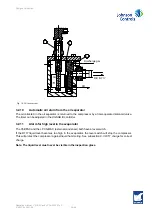
Operating manual - ChillPAC and LP ChillPAC Mk 3
22/68
010823 en 2021.06
Note:
The occurrence of air is usually an indication of poor maintenance or lack of thoroughness at
installation.
Note:
Ammonia systems should be purged on a regular basis to avoid atmospheric air and other non-
condensable gases.
2.3.10
F-gas regulation (fluorinated greenhouse gases)
In the European F-gas regulation, No 517/2014, about reduction of harmful gases in the atmosphere,
the European Parliament (EU) has established guidelines for the regulation of certain fluorinated green-
house gases. The following is an extract from the guidelines and is relevant for end users and operators.
Fluorinated refrigerants are included in the category of greenhouse gases and therefore fall under the F-
gas regulation. The table below lists a few of the relevant refrigerants and their respective GWP (Global
Warming Potential) according to the F-gas regulation. The so-called “HFOs” and natural refrigerants do
not fall under the scope of the regulation.
Refrigerant
GWP (Global Warming Potential)
R134a
1300
R407C
1650
R404A
3785
R507
3850
Requirements of the F-gas regulation include:
•
Bans and limitations
•
Labelling
•
Leakage test
•
Recovery of refrigerant
•
Certification of personnel
•
Record keeping.
Bans on GWP
R404A/R507A and other refrigerants with a GWP over 2500 are banned from new stationary systems
after 2020. Existing systems can be serviced with reclaimed refrigerant until 2030, provided that proper-
quality refrigerant is available. Read the local regulations.
Labelling
The unit must be fitted with a label (name plate). Refrigerant type, charge in kg and CO
2
Equivalent
(CO
2
eq) must be stated on the plate.
Leakage test
It is the operator’s responsibility to ensure that the unit is checked for leakages by a competent person.
For units charged with fluorinated greenhouse gases, the following conditions apply depending on type
of plant and amount of charge:

